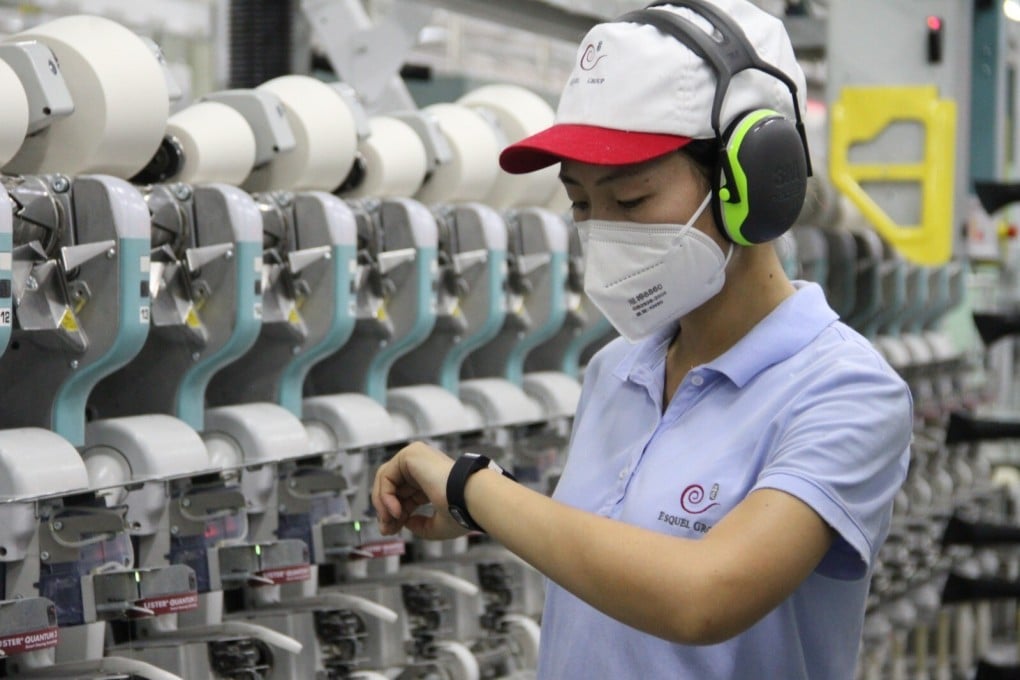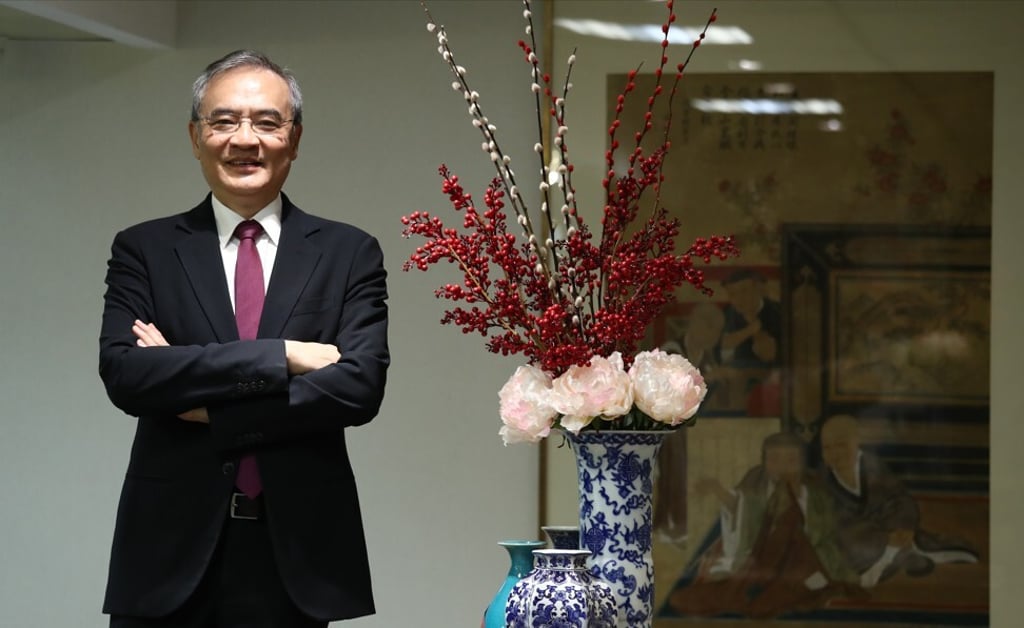Esquel Group, garment supplier to Tommy Hilfiger and Nike, says it’s seeking to overturn US sanction on its Xinjiang plant
- Esquel Group, which has three cotton mills in Xinjiang region with the capacity to produce 200,000 spindles of cotton a year, or 1 per cent of the region’s capacity, said it has never used forced labour
- The company, which has invested US$160 million in Xinjiang since 1995, said 14 per cent of its 420 ethnic-Uygur employees have been with Esquel for more than 10 years, and 16 of them have been on staff for two decades

Esquel Group, one of the world’s largest garment producers and supplier for such brands as Tommy Hilfiger, Patagonia and Nike, said it has written to the US Commerce Secretary Wilbur Ross to appeal against the decision by his office to put it on a sanctions list for hiring forced labour in Xinjiang.
“Esquel has been falsely associated with forced labour,” vice-chairman John Cheh said in a July 20 letter, adding that the Hong Kong-based company would lodge a detailed, formal submission to the End-User Review Committee for Esquel’s Changji mill in Xinjiang to be removed from the US sanctions list immediately, as required by section 744.16(e) of the Export Administration Regulations.
“Let me be clear: Esquel does not use forced labour, and we never will use forced labour. We absolutely and categorically oppose forced labour. It is abhorrent and completely antithetical to Esquel’s principles and business practices,” Cheh said in his letter to Ross, a copy of which was obtained by the South China Morning Post.

The appeal against the sanction is crucial for Esquel, which exports a third of the 100 million pieces of garments it makes every year to the US. Sanctioned firms are banned from buying components, or procuring services from any US suppliers without US government approval.
There is no evidence “to support the allegations” of forced labour, Chen said. Instead, “there is ample evidence that we do not use forced labour and in fact treat our Uygur employees – as we do all employees – very well,” he said, adding that 14 per cent of the 420 Uygur employees on staff in Changji have been with the company for 10 years, while 16 of them have worked for more than two decades.